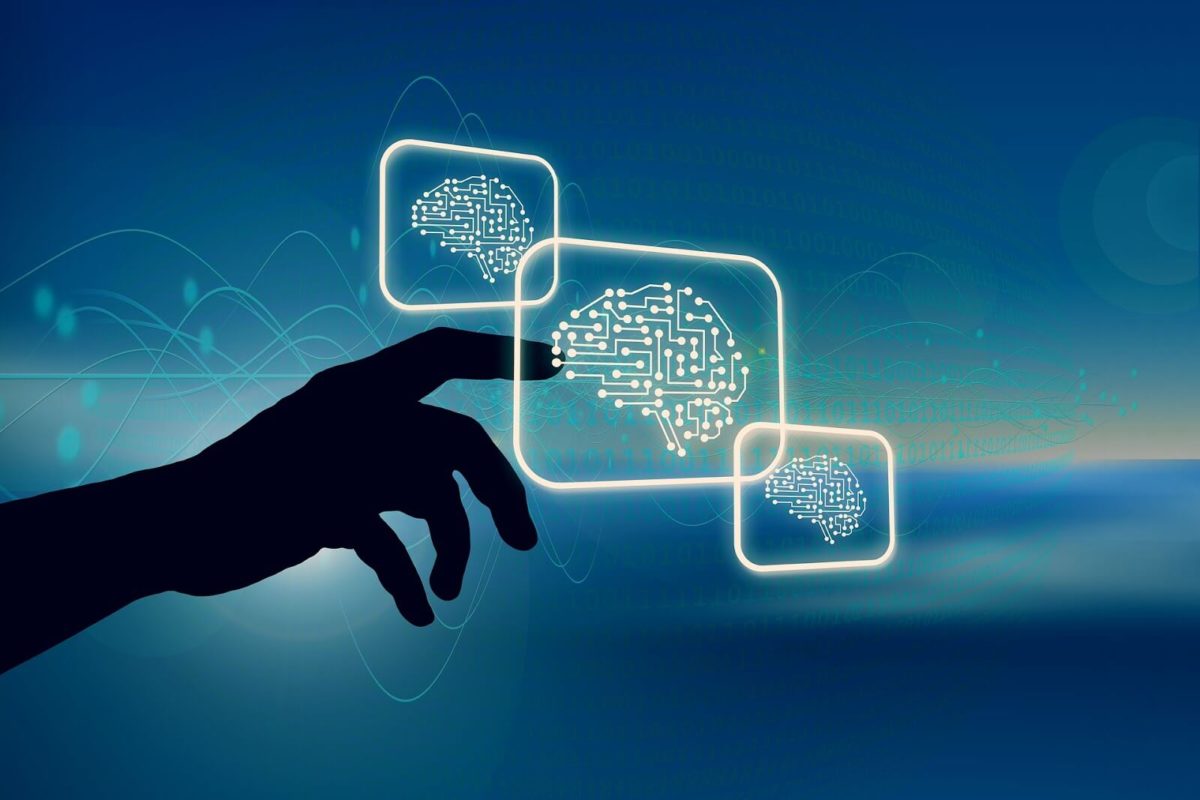
Unveiling the Frontiers of AI: Breakthroughs and ChallengesUnveiling the Frontiers of AI: Breakthroughs and Challenges Artificial intelligence (AI) has emerged as a transformative technology that is reshaping industries, unlocking new possibilities, and challenging human limits. As we venture into the uncharted territories of AI, we encounter a landscape of both remarkable breakthroughs and formidable challenges. Breakthroughs: * Advanced Learning Algorithms: Deep learning and machine learning algorithms have revolutionized AI, enabling computers to learn and perform complex tasks without explicit programming. * Natural Language Processing (NLP): AI algorithms can now process and generate human-like language, unlocking communication and understanding between humans and machines. * Image and Speech Recognition: AI systems have achieved impressive accuracy in identifying and interpreting images, videos, and speech, paving the way for applications in fields like healthcare and security. * Autonomous Systems: Self-driving cars, drones, and other autonomous systems are pushing the boundaries of robotics and AI, enabling machines to navigate complex environments independently. * Precision Medicine: AI algorithms can analyze vast amounts of medical data to identify patterns, predict disease risks, and personalize treatments. Challenges: * Bias in AI: AI systems can inherit and amplify biases from the data on which they are trained, leading to unfair or discriminatory outcomes. * Safety and Security: Ensuring the safe and responsible development of AI systems is paramount, particularly in areas where they could pose risks to human life or well-being. * Job Displacement: As AI automates tasks, it raises concerns about job displacement and the need for reskilling and workforce retraining. * Ethical Considerations: AI advances raise profound ethical questions about privacy, autonomy, and the nature of humanity. * Data Privacy and Security: AI systems rely on vast amounts of data, necessitating robust data privacy and security measures to protect sensitive information. Future Directions: Despite the challenges, the future of AI holds immense promise. Breakthroughs in the following areas will continue to shape the evolution of this transformative technology: * Quantum Computing: Quantum computers could exponentially accelerate AI algorithms, enabling even more complex and efficient learning. * Edge Computing: Distributing AI computations to devices at the network edge will reduce latency and improve efficiency for real-time applications. * Explainable AI: Developing AI systems that can explain their reasoning and decisions will increase trust and transparency in their use. * Biologically Inspired AI: Drawing inspiration from the human brain could lead to new AI architectures and algorithms that mimic natural intelligence. * AI for Good: Harnessing AI to address global challenges such as climate change, poverty, and disease will become increasingly important. Conclusion: The frontiers of AI are both exciting and daunting. By embracing the transformative potential of AI while addressing the challenges it presents, we can unlock its full benefits for humanity. Through continuous innovation, responsible development, and ethical considerations, we can pave the way for a future where AI empowers us, enhances our lives, and shapes a more just and equitable world.
Posted inNews